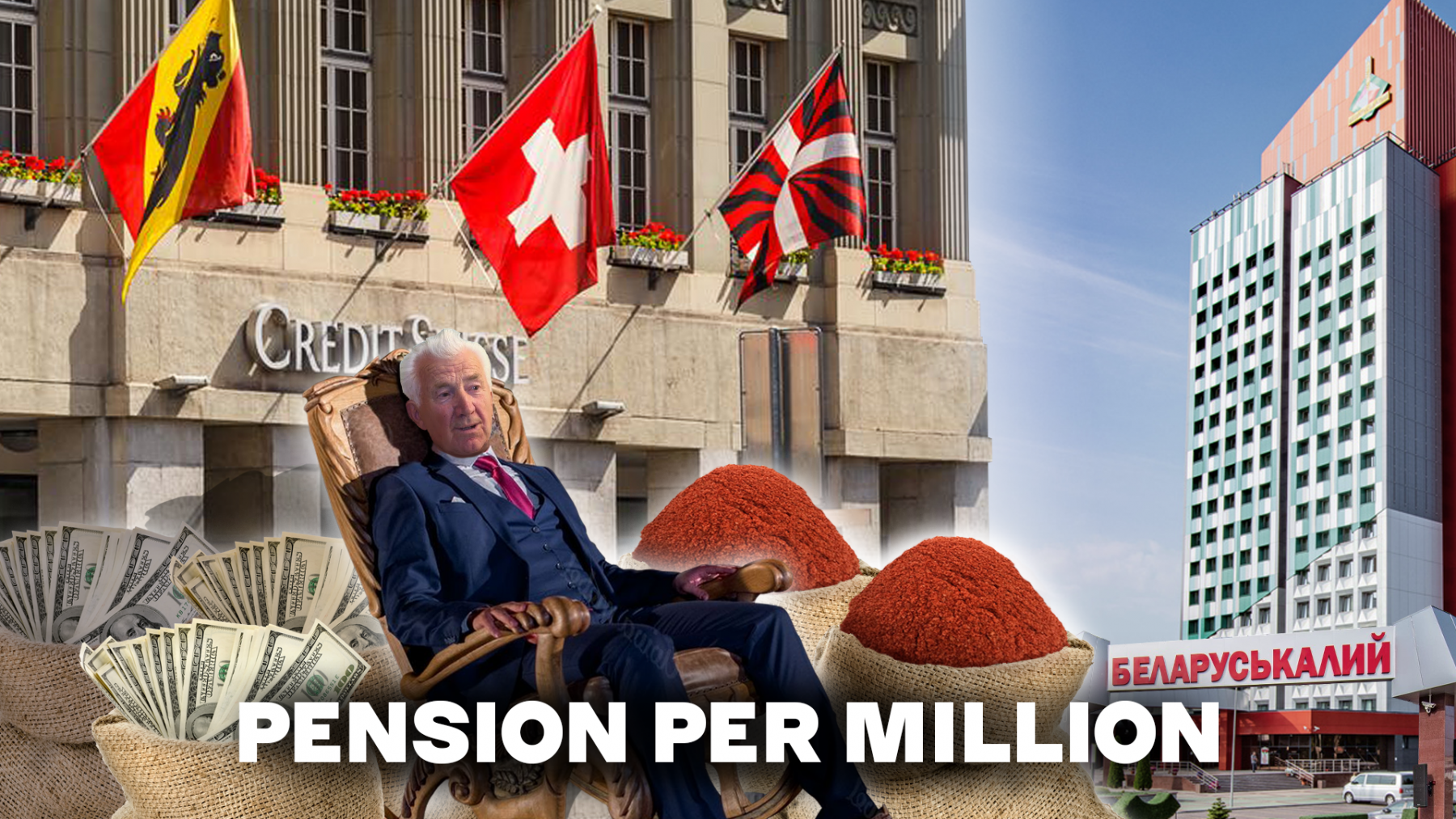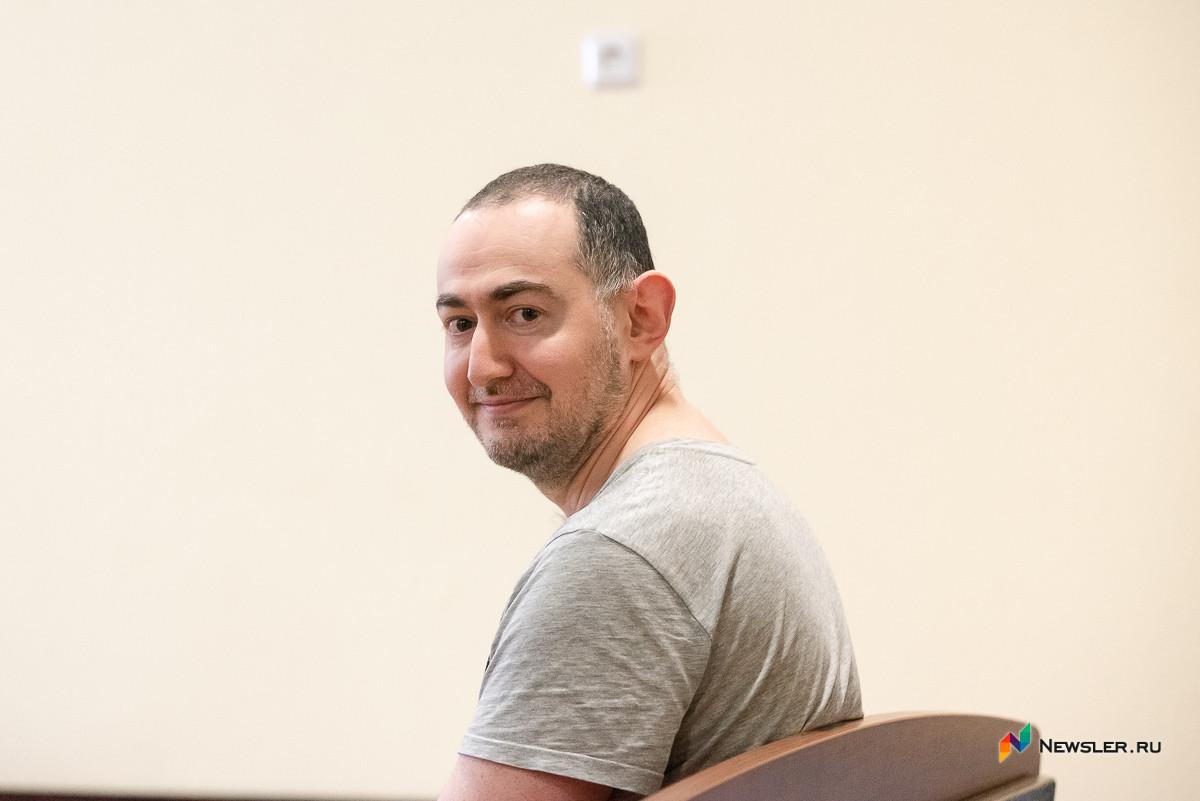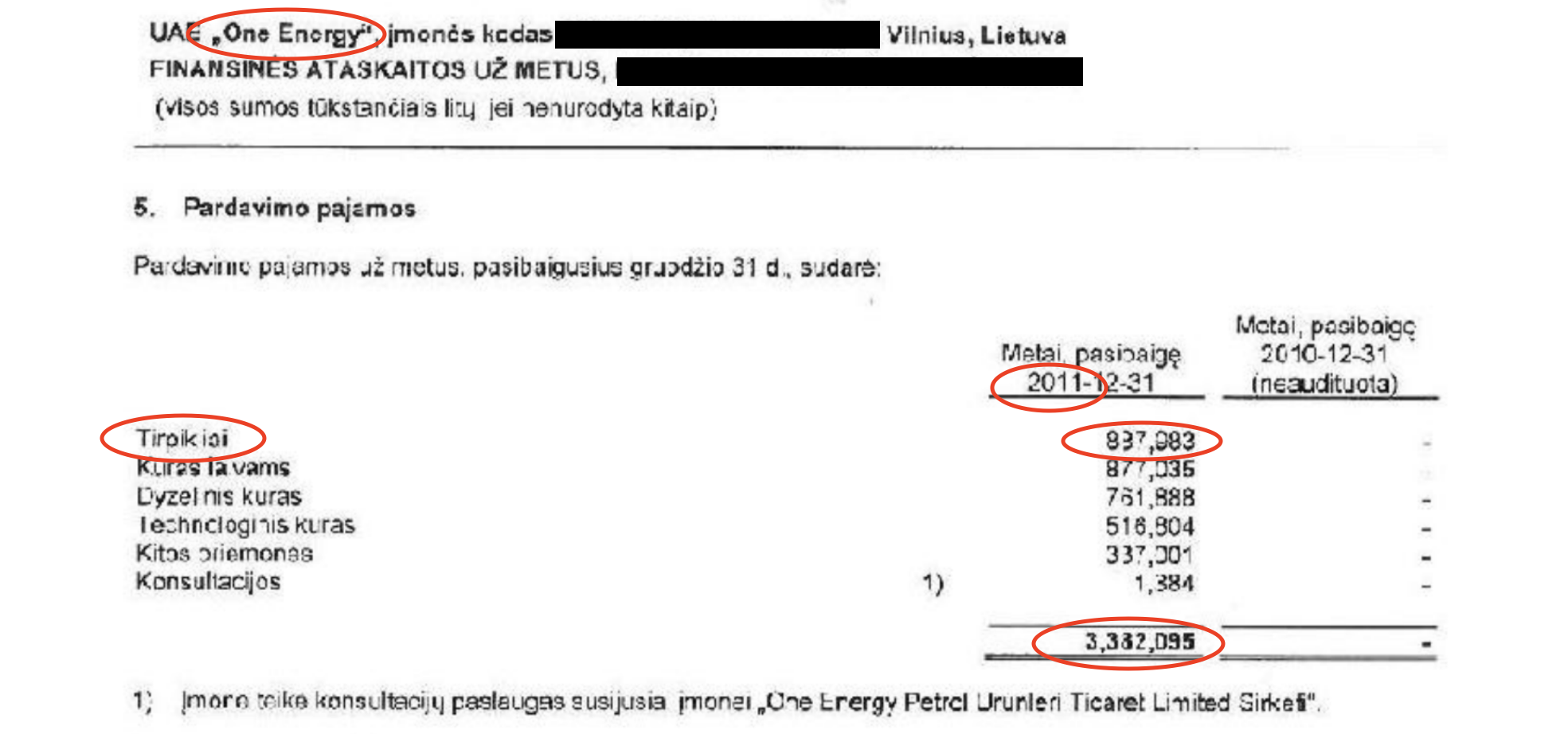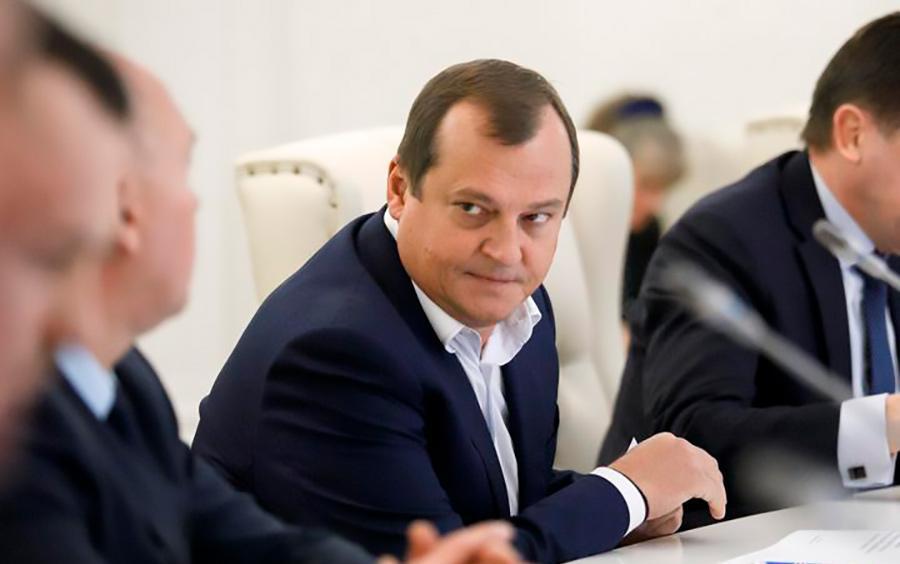Data on clients of Credit Suisse, a major Swiss bank, was obtained by the German edition of the Süddeutsche Zeitung and shared with the Organized Crime and Corruption Reporting Project (OCCRP) of which BIC is a member. The leak helped identify over 120 Belarusians who hold accounts with Credit Suisse.
As part of this investigation, the CyberPartisans helped us check high-risk Belarusian clients of Credit Suisse – those politically engaged or convicted of crimes. From the list, we selected three persons who could use the secrecy of the Swiss banking system for dubious purposes.
One of the subjects of this investigation is a former member of parliament whose reported income was several times lower than the amount of money in his Swiss account. The second one is a businessman who has been jailed twice in different countries. The third one is a businessman close to the Belarusian authorities dealing in petroleum products using unclear schemes.
All of them could use the secrecy of the Swiss banking system for dubious purposes. Sometimes banks do not make a thorough check of their clients. In an interview with OCCRP journalists, former and current Credit Suisse staff members explained this as a corporate culture that encourages taking risk for the sake of profit.
Honorary pension

It was the last summer day of 2008. An Audi was waiting in line to leave Belarus for Poland. Petr Kalugin, a House of Representatives deputy, was the driver.
He was finishing his third term with the status of a labor veteran and an honorary citizen of Salihorsk. Kalugin received these honors for his work at Belaruskali. Having started his career at the company as an ordinary locksmith, he rose to become the general director and held this position for almost ten years from 1992 to 2001.
The day after he crossed the border, Kalugin opened an account at the Swiss bank Credit Suisse for an unnamed company. At that time, he did not officially work for any company in Belarus apart from being a deputy of the House of Representatives. One year and seven months later, nearly $1.3 million was credited to his bank account.
With the help of the CyberPartisans, we found that Kalugin's income in the seven years from 2003 to 2009 totaled around $87,000. This is 15 times less than the amount in his Swiss bank account.
We contacted Kalugin for clarification, and he was unable to answer our questions on the phone. We started looking for answers ourselves, checking his biography.
Petr Kalugin is 81 years old. Born in Russia, he studied at the Leningrad Mining University and came to Belarus in 1966. He started working for Belaruskali and reached the top of the career ladder in 1992. Kalugin admitted that the production volumes under his management had fallen by more than 50 percent. But the quality of the products was appreciated abroad, and the company entered international markets.
Under Kalugin, Belaruskali was also slightly restructured. In 2000, the Trest Shahtospecstroy unit was separated from the company. Shahtospecstroy had been involved in mine construction since Soviet times, and Belaruskali's staff worked in those mines. Our source claims that one of the main owners of the privatised Shahtospeсstroy was its director Valery Startsev and that Kalugin actively supported this privatisation. The following year, Kalugin left Belaruskali to focus on his parliamentary career.
In the autumn of 2008, a few months after he opened an account with Credit Suisse, Kalugin's term in the House of Representatives ended. By 2009, he had already started working at Shahtospecstroy with his former contractor whom he had helped to become a private businessman.
Kalugin's appointment happened on the eve of a major project. In January 2010, Belarus agreed to build the Garlyk mining and processing facility in Turkmenistan worth about $1 billion. The project's general contractor, the state-owned Belgorkhimprom company, subcontracted the work to Shahtospecstroy. Two months later, $1.3 million appeared in Kalugin's Swiss bank account. As we have already established, he couldn't have earned it with his official salary.







